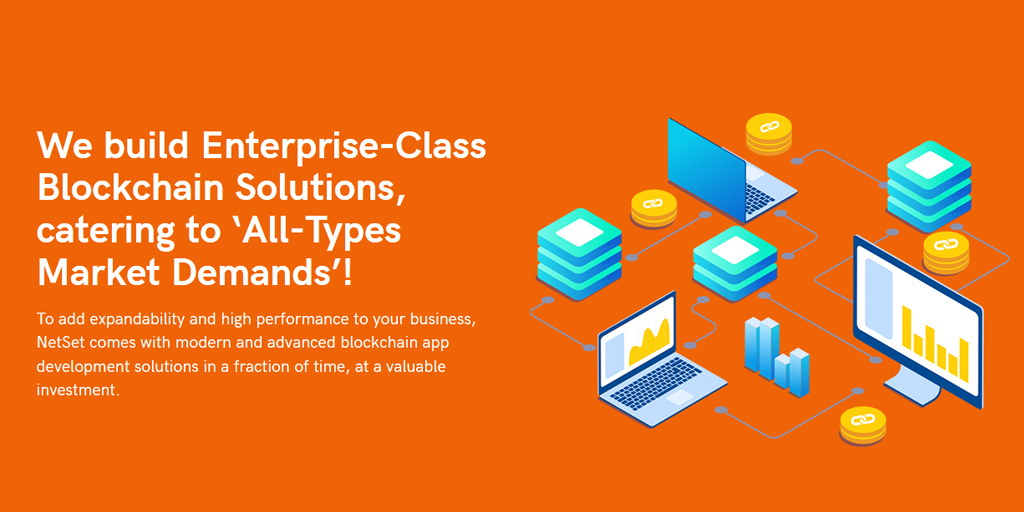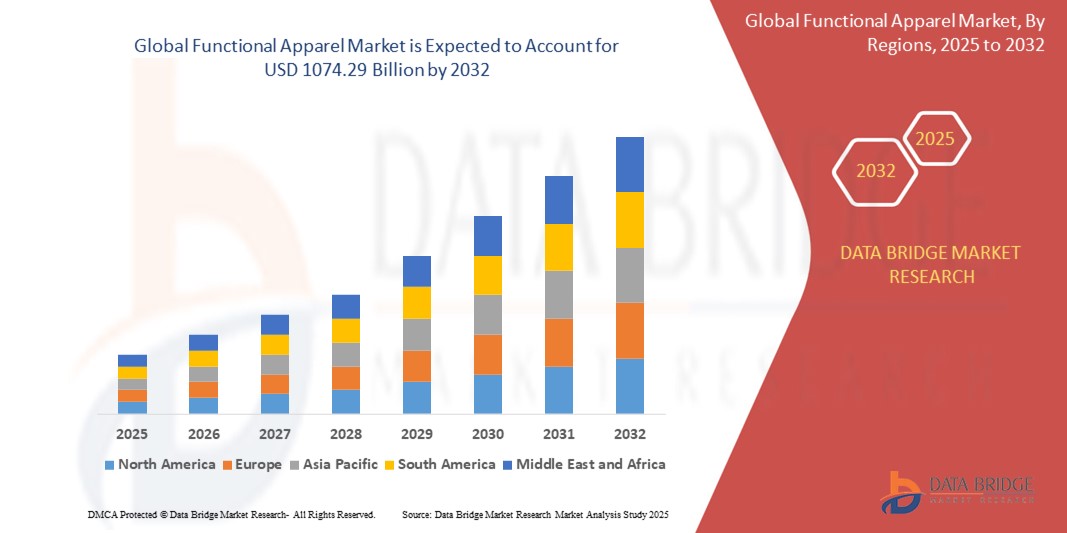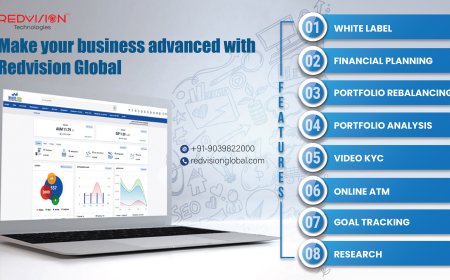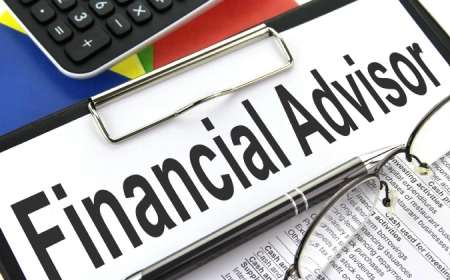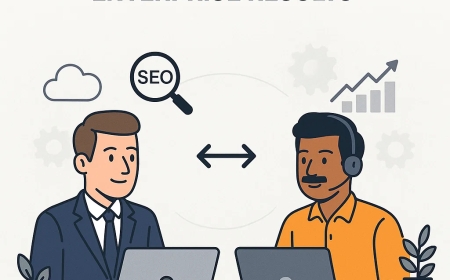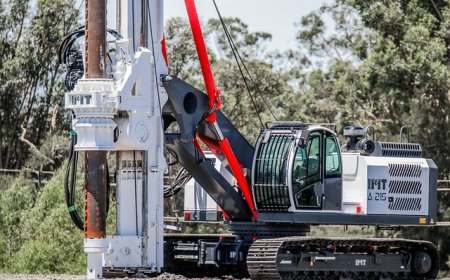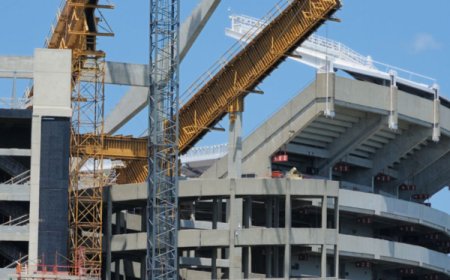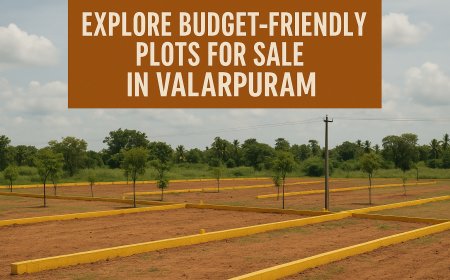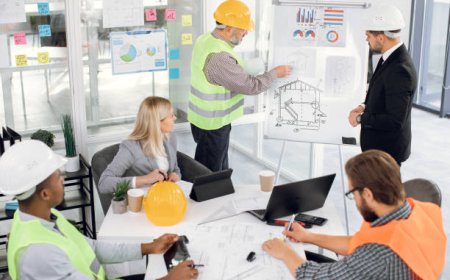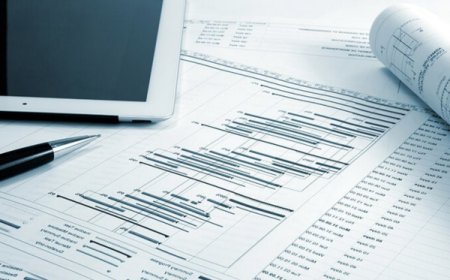How Population Growth Is Reshaping the Future of Real Estate in Pakistan
Pakistan’s population has been growing at an unprecedented pace, surpassing 240 million according to the 2023 census. This demographic surge is more than a number—it’s a force shaping every facet of urban development.

Pakistans population has been growing at an unprecedented pace, surpassing 240 million according to the 2023 census. This demographic surge is more than a numberits a force shaping every facet of urban development. With over 64% of the population under the age of 30, the demand for housing, jobs, and infrastructure is intensifying in urban centers like Karachi, Lahore, and Islamabad. This shift creates a massive strain on existing resources while also opening up new opportunities in the real estate sector, especially for those seeking properties for sale or properties for lease.
For More Information Click Here
Urban sprawl is now a defining feature of Pakistans top cities. As more people migrate in search of economic opportunity, real estate agencies are being pushed to reimagine residential layouts, infrastructure resilience, and vertical expansion. Housing demand is outstripping supply, particularly for affordable units. For many families, owning a home is slipping out of reach, driving more reliance on rental options and catalyzing the rise of planned communities in city peripheries.
The Affordability Crisis: Shifting Buyer Behaviour
Population growth directly affects affordability. With rising land prices, construction costs, and a depreciating rupee, average citizens find it increasingly difficult to purchase a home. This affordability gap is forcing a generational shift in housing attitudes, with many young Pakistanis opting to lease rather than buy. As such, properties for lease are growing in demandnot only in traditional housing sectors but also in commercial real estate.
This shift is also visible in property investment trends. Middle-income investors, once aspiring homeowners, now gravitate toward joint family systems or long-term leasing. It places new pressure on real estate agencies to educate clients on alternative investments, such as fractional property ownership and co-living models. Developers and agents who adapt to these shifting dynamics will remain relevant in the evolving housing market.
Mega Cities and Urban Planning: Opportunity or Overcrowding?
The mushrooming of mega cities such as Karachi and Lahore presents a double-edged sword. On one hand, these cities offer economic dynamism and higher living standards. On the other hand, poor urban planning has created sprawling slums, traffic congestion, and limited access to clean water and energy. The real estate sector is now being called upon to not just build, but to innovate and plan for sustainability.
Entities such as the Lahore Development Authority (LDA) and Capital Development Authority (CDA) are actively attempting to update master plans to accommodate this population growth. However, without agile cooperation from private real estate agencies, these efforts risk falling short. The need for mixed-use developments, vertical housing, and smart city infrastructure has never been more urgent, and population growth is pushing these issues into the spotlight.
The Rise of Gated Communities and Smart Living
Security concerns, infrastructure challenges, and pollution are prompting a large segment of the population to seek refuge in gated communities. These residential enclaves offer better amenities, safety, and a cleaner environment. Developers such as Bahria Town, DHA, and Emaar Pakistan are leading the way, transforming the real estate narrative by marketing entire lifestyles rather than just homes.
Smart living, powered by technology, is beginning to find footing in Pakistan. Population density is acting as a catalyst, urging investors to design homes and communities that offer intelligent energy consumption, waste management, and digital connectivity. These trends indicate a robust future for properties for sale within planned communities, where demand is expected to escalate as urban density grows.
Shifts in Commercial Real Estate: Retail, Offices, and Co-Working
The exponential growth of Pakistan's population is also reshaping commercial real estate. As cities expand and consumer purchasing power diversifies, new retail hubs, office spaces, and co-working environments are sprouting. The younger demographic is entrepreneurial and tech-savvy, which translates into demand for modern commercial properties that are flexible, affordable, and centrally located.
In response, real estate agencies are seeing increased inquiries for properties for lease in business zones. Developers are also incorporating co-working layouts within residential projects. This integration of commercial and residential infrastructure fosters a more sustainable urban footprint and caters to the growing need for convenience-driven lifestyles.
The Role of Real Estate Agencies in a Crowded Marketplace
As the landscape becomes more complex, real estate agencies in Pakistan play a pivotal role in guiding buyers, tenants, and investors through uncharted territory. With so many new developments cropping up and informal property dealers still dominating parts of the market, consumers are often at risk of misinformation and fraud.
Agencies equipped with data-driven platforms, legal support, and transparent service models are quickly becoming the go-to for prospective homeowners and tenants. Firms that blend digital tools with humane, client-first approaches are better positioned to handle the needs of a population thats both growing and evolving. Trust and credibility are now essential currencies in a market flooded with options.
Land Use Conflicts and Environmental Impact
As Pakistans population grows, pressure on agricultural land intensifies. Rural farmland is rapidly being converted into housing colonies and industrial zones. This encroachment disrupts food supply chains and damages local ecosystems. Developers, local governments, and environmental watchdogs are now engaged in tense debates about sustainable growth.
While housing needs are urgent, there's a moral and environmental imperative to preserve green belts and limit urban sprawl. Climate change, water shortages, and urban heat islands are becoming more pronounced due to unchecked development. A sustainable approachusing zoning laws, renewable materials, and green architecturecan help balance human needs with ecological responsibility.
Technology and Transparency: Bridging the Trust Gap
Digital transformation in Pakistans real estate sector is still in its early stages, but population growth is accelerating its necessity. Platforms like Zameen.com, Graana, and OLX Property are revolutionizing the way people search for properties for sale or properties for lease. These platforms offer virtual tours, price comparisons, and verified listingsfeatures that resonate with a younger, internet-native population.
Real estate agencies that embrace tech solutions are able to serve clients more efficiently, whether it's through CRM tools, digital contracts, or AI-powered property recommendations. Transparency, previously a major issue in the sector, is improving as a result. In the future, blockchain may play a role in securing property titles, reducing fraud, and ensuring legal ownership.
Forecasting the Future: Real Estate in 2040 and Beyond
By 2040, Pakistan is projected to be one of the most populous countries in the world, surpassing 300 million people. This demographic momentum presents enormous challenges and opportunities. The future of real estate lies in adapting to a generationally different clienteleone that demands affordability, sustainability, and quality of life.
Properties for lease will dominate urban markets due to financial constraints, while properties for sale will flourish in suburban and tier-2 city developments. The real estate agency of tomorrow will need to be more than a broker it will act as an advisor, data analyst, sustainability consultant, and tech innovator. Pakistans real estate sector is no longer a static fieldit is a living, breathing organism evolving in tandem with its people.












